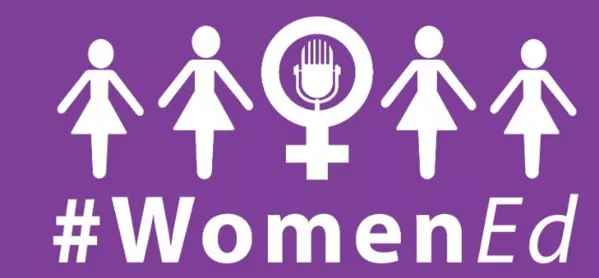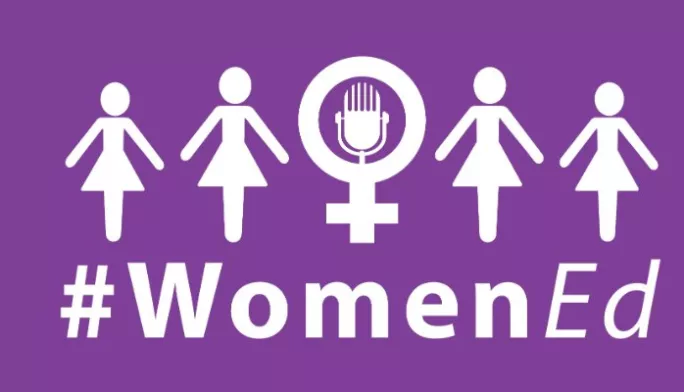“Men ‘succeed’ in schools because they don’t backstab and hold grudges like women do.”
This sweeping generalisation about male progression by an anonymous female writer yesterday has riled a lot of the #WomenEd community.
#WomenEd was conceived a year ago as a grassroots movement to connect aspiring and existing leaders. There was a common feeling among many women in education of disconnection, isolation and frustration at the lack of equality in a sector that is female heavy but dominated by male leaders.
The opinion piece, published with an image of a chain of women holding hands, undermines the imagery that symbolises #WomenEd’s core values of connections, community and collaboration.
For the past year we have been listening to our community, sharing personal stories depicting the issues they face in their schools as women in education.
The issues that we discuss:
- Do men succeed in schools because they demonstrate the preferred leadership characteristics that the system recognises and rewards?
- Do men succeed in schools because leaders promote those who are “present” and some women have chunks of time out for maternity leave(s), thus slowing down their progression?
- Do men succeed in schools because we have an unconscious bias where white male governors and executive headteachers promote those in their image?
- Do men succeed in schools because some women suffer from the imposter syndrome and impose an internal “glass ceiling”?
The realities that we face
- We are struggling to recruit aspiring teachers owing to scaremongering stories and a lack of good news stories about all of the reasons why we are professionals and became educators.
- We are struggling to retain our existing teachers because the system is traditional, inflexible and does not celebrate leadership diversity.
- We need to empower the committed teachers that we have to encourage them on their leadership journeys and enable them to be able to step up and lead.
- We need to talent-spot in a different way to recognise the untapped pool of female “lost leaders”.
The solutions we propose
- We need more positive accounts of why we should teach and lead our schools - just read this blog by Chris Hildrew. Who wouldn’t want to be a headteacher?
- We need to collectively effect systemic change; we need to create a flexible system that improves the profession for all educators.
- We need to invest time, energy and resources to develop and empower the teachers and leaders we have.
- We need to address the lack of diversity in the profile of our school and trust leaders so that our school communities are represented by those who lead them.
“When it comes to success in the workplace, women are their own worst enemy,” says the teacher in the article mentioned. I feel sorry for her. She has clearly not experienced the impact of a positive, nurturing female role model in her career to date. She is fortunate that she has not experienced the negative male leadership traits many of our community have cited, including bullish behavior and sexist remarks that undermine their leadership.
Keziah Featherstone, a headteacher in Bristol and a co-founder of #WomenED, puts it like this: “Having been an English secondary teacher for the bulk of my career (over 20 years), I can honestly say I think I have only encountered one, perhaps two, of the kinds of women portrayed as commonplace in the article. In my current role I simply cannot think of any - either staff in my own school or my peers across the region. Simply, this is not anything I even vaguely recognise. Why don’t women - and female teachers in particular - unite and be strong together? Well, we do. It’s called #WomenEd and for all sorts of reasons we’re joining together to be strong and positive.”
#WomenEd is here to connect with you. We are here to support you. We are here to empower you.
Together we are united. Together we are stronger. Together we will effect change.
Hannah Wilson is co-founder of #WomenEd and professional learning consultant leader at the Harris Federation.
#WomenEd can be contacted:

